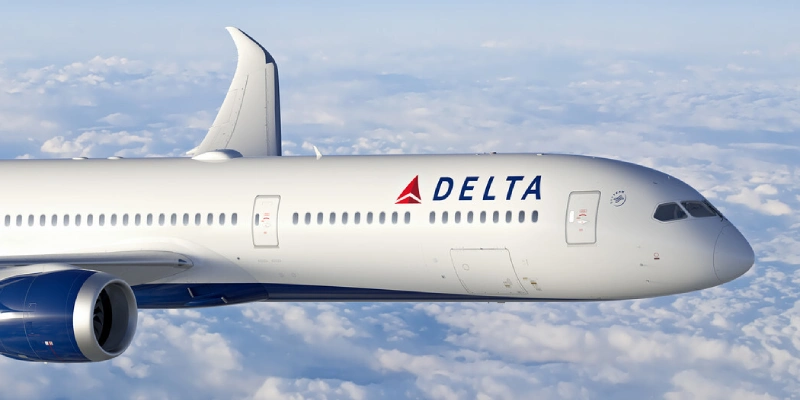The International Air Transport Association (IATA) has renewed its criticism of the European Union’s mandate requiring the use of Sustainable Aviation Fuels (SAF), calling it a costly measure that fails to deliver tangible environmental benefits.
During a media roundtable in Singapore, IATA’s Director General, Willie Walsh, warned that Europe’s strategy is missing its primary goal: reducing the aviation sector’s carbon footprint.
SAF Transport: More Emissions, Not Less
Walsh criticized the current SAF supply model in Europe. “The idea of purchasing sustainable fuel and transporting it for use in Europe is not the right approach,” he stated. “You’re clearly increasing that fuel’s carbon footprint due to transportation costs.”
Global SAF production currently represents only a fraction of airlines’ total fuel consumption. According to IATA estimates from June, production is expected to reach 2 million metric tons by 2025—just 0.7% of the sector’s total fuel demand.
→ IATA Launches Platform to Connect Airlines and Sustainable Aviation Fuel Suppliers
Sky-High Costs, Invisible Benefits
The EU’s mandatory approach has triggered a concerning side effect: rising prices for conventional fuel. “Mandating the use of a product that isn’t available delivers no environmental benefit,” Walsh argued.
He also noted that oil companies required to produce SAF are passing those costs onto traditional fuel prices. According to IATA, the prices being charged “far exceed the actual cost of the limited SAF supply.”
“The EU has effectively enabled monopolistic suppliers to raise prices without delivering environmental benefits,” Walsh added, urging European authorities to reassess their current SAF targets.
2030 Target: Realistic or Utopian?
The EU mandate, established under the ReFuelEU Aviation program, requires airlines to blend 6% SAF into their fuel mix for flights by 2030. While subsidies exist to support SAF purchases, market conditions remain challenging.
Asia Gains Ground in SAF Production
As Europe struggles to meet its own demand, Asia is making steady progress. This year, at least five SAF projects—outside China—have begun operations or are ready to start production, with plans for regional exports and shipments to Europe. Singapore is emerging as a key supplier of “green fuel” to the European market.
The Palm Oil Debate
Walsh also addressed a growing controversy: the use of palm oil as a feedstock for SAF production. “You could argue there’s sustainable palm oil and unsustainable palm oil, but in some parts of the world, the approach is too black and white,” he explained.
The executive emphasized the need for a more “nuanced” approach and a detailed assessment of the sustainability of inputs used in SAF production.
Related Topics
Boeing delivered 600 commercial aircraft in 2025: its highest number since 2018
Delta Bets on Dreamliner: Orders Up to 60 787-10s to Modernize Its Long-Haul Fleet
Aviation Capital Group Orders 50 Boeing 737 MAX Jets
World’s First Boeing 737-800 Combi Enters Service with Canada’s Air Inuit

Plataforma Informativa de Aviación Comercial con 13 años de trayectoria.




